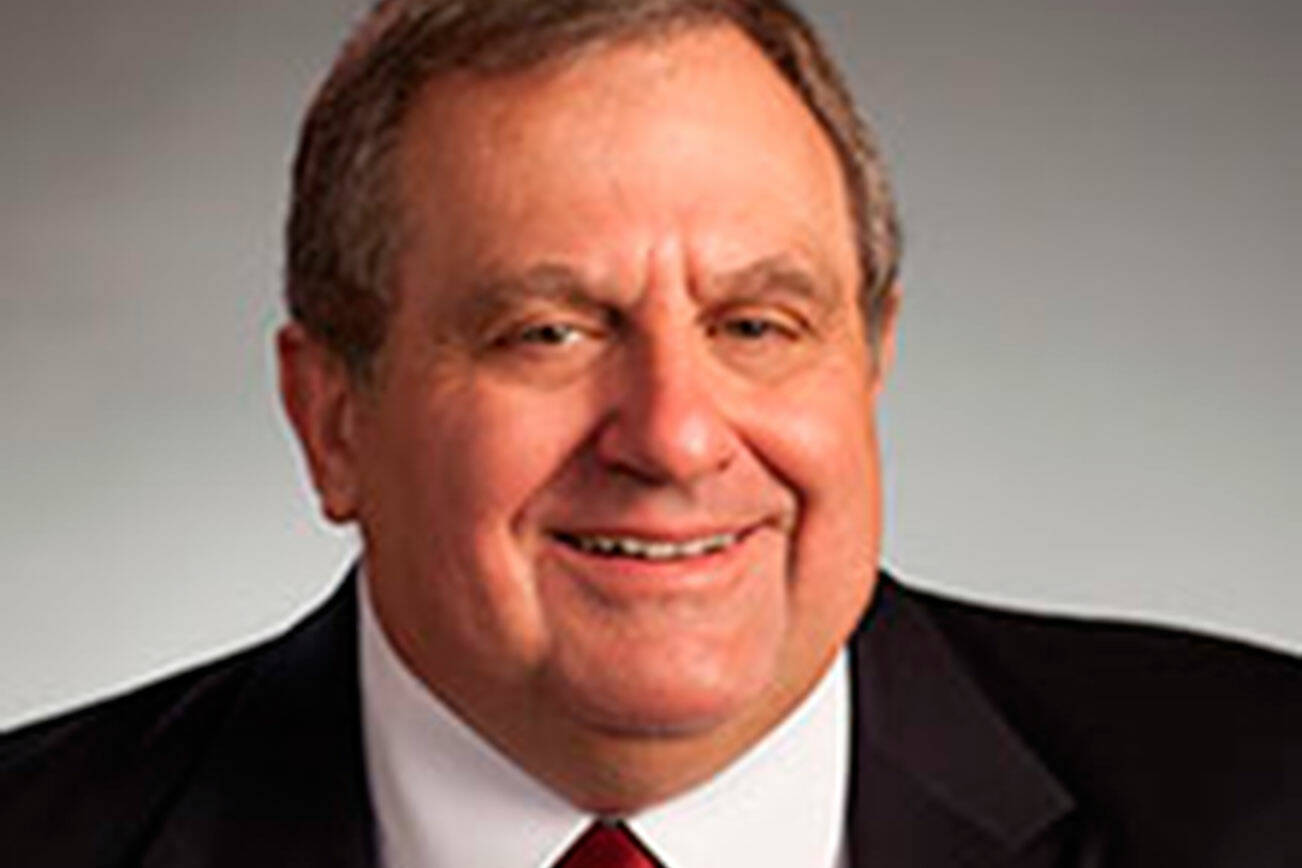When Toyota speaks, car buyers listen. Hopefully, our elected officials will as well.
It is one of the world’s two largest auto and truck manufacturers — twice the size of General Motors (GM), our biggest. Toyota warns the world is far from ready to jettison gasoline and diesel engines and require batteries to run our replacements.
For Toyota, it is not just about finding enough critical battery material such as lithium, cobalt and nickel. It is about having enough electricity in our power grid to recharge them.
Specifically, Toyota not only worries about our grid capacity today, but in the future, when at least 30 times more electricity-powered cars and trucks are projected to be on the road.
Robert Wimmer, Toyota’s head of energy and environmental research, testified last spring before the U.S. Senate warning of electricity supply problems. “If we are to make dramatic progress in electrification, it will require overcoming tremendous challenges, including refueling infrastructure, battery availability, consumer acceptance and affordability,” PJMedia.com’s Bryan Preston reported.
Wimmer’s remarks came on the heels of GM’s announcement that it will phase out all gas internal combustion engines by 2035. Other manufacturers, including Mini, have followed suit with similar announcements.
Based on a 2017 U.S. government study, Toyota calculates electricity supply and infrastructure is woefully inadequate. It found the need for 8,500 strategically-placed charge stations to support a fleet of 7 million electric cars (EVs).
That’s about six times the current number of electric cars. But no one is talking about supporting just 7 million cars, Wimmer added. “We should be talking about powering about 300 million within the next 20 years.”
Toyota isn’t alone in serving up the reality check. Tesla’s Elon Musk, who built his empire on EVs, agrees.
In December, Washington Gov. Jay Inslee released his latest climate proposal calling for a carbon neutral electrical grid by 2030 and one to be powered by 100 percent clean electricity by 2045. It augments his building codes, which include a phase-out of natural gas for space and water heating by forbidding the use of fossil fuels for heating and hot water in new buildings by 2030.
The codes add pressure on the electric grid to replace natural gas.
Rep. Mary Dye (R-Pomeroy) adds Inslee’s natural gas ban is significant: “It’s a big industry because it provides warmth for about 1.2 million residences, there’s 107,000 commercial buildings and 3,500 industrial buildings that are working under clean, efficient, reliable natural gas. Plus, it fires about 11 percent of our electricity grid.”
Washington may be in a better position than most places to increase electricity supplies because of our plentiful hydropower system, which provides two-thirds of our electricity. Today, our state has an adequate electricity supply, but if proposals banning natural gas in new homes and buildings and demands for EV recharging skyrocket, our state could face the same brownouts as California and China.
China currently has the most EVs on the road while California leads the U.S. China and California, which have large wind and solar farms, have grid overload and increasingly, people are losing electricity. It is likely to be far worse in the future.
China, by far the largest greenhouse gas emitter, claims it will be at least 2060 before it may be carbon neutral. Meanwhile, rather than replacing fossil fuel electrical generation, it is adding grid capacity to meet the projected load.
Toyota’s alarm is a good thing. Addressing the electricity shortfalls now, before our backs are against the wall, is even better.
Don C. Brunell is a business analyst, writer and columnist. He retired as president of the Association of Washington Business, the state’s oldest and largest business organization, and lives in Vancouver. He can be contacted at theBrunells@msn.com.
Talk to us
Please share your story tips by emailing editor@kentreporter.com.
To share your opinion for publication, submit a letter through our website https://www.kentreporter.com/submit-letter/. Include your name, address and daytime phone number. (We’ll only publish your name and hometown.) Please keep letters to 300 words or less.

